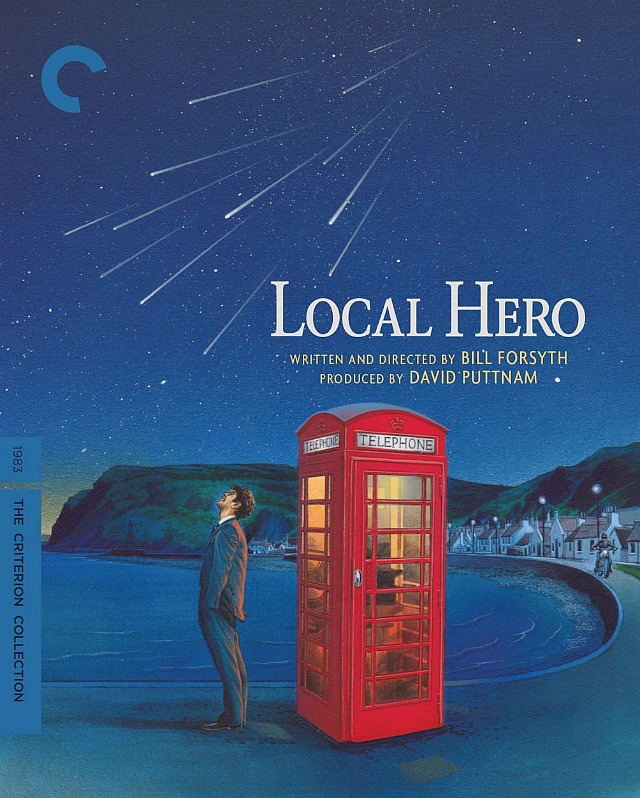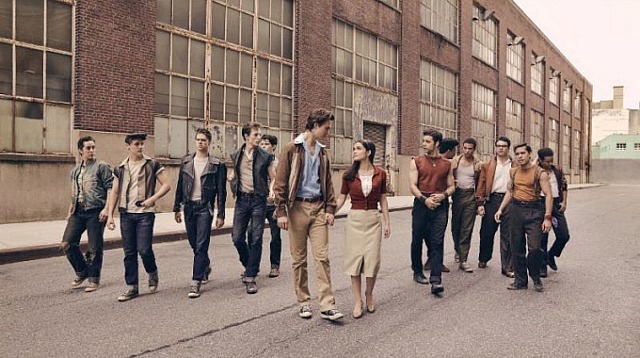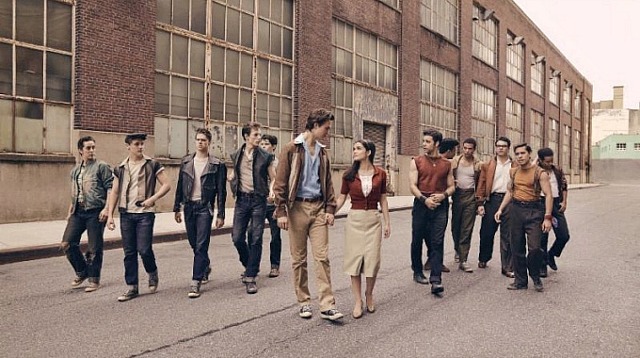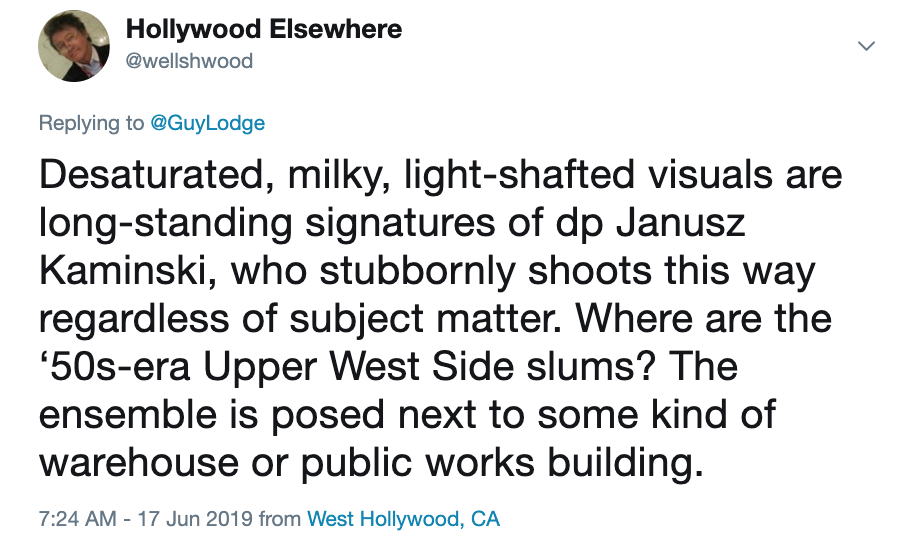When we think about the current climate of political terror (left-radical finger-pointing, shrieking condemnations on Twitter, threats of Danton-like beheadings and social shunnings), we tend to associate this with the politically correct intensity of the last two or three years, or since Donald Trump became President. But I was reminded this morning that the first stirrings began in the late aughts.
10 1/2 years ago and one month before the ’08 election of Barack Obama, I was severely beaten, gouged, kicked and bloodied by p.c. goon-squad types for mentioning a friend’s against-the-grain opinion about Jonathan Demme‘s Rachel Getting Married.
Demme’s film is not really about the marriage of the alabaster Rachel (Rosemarie DeWitt) and Sidney, a handsome Afrique-ebony guy (Tunde Adebimpe) as much as the travails of Rachel’s older sister Kim (Anne Hathaway), and especially her drug and alcohol problems and general inability to restrain her attention-whore tendencies during the wedding festivities.
The paragraph that landed me in hot water: “A friend has observed that the way Demme portrays the [film’s] African-American and Jamaican characters — Sidney, his Army-serving younger brother, his parents and the various musicians and guests who float in and out — reps a form of benevolent reverse racism. He does this, my friend argued, by making certain that only the white characters — Rachel and Kym and their parents, played by Debra Winger and Bill Irwin — are the screwed-up ones. Antsy, haunted, angry, nervous, gloomy. But the darker-skinned characters are all cool, kindly, radiant, gentle, serene.”
This is actually a dead-on observation, but the goon squad wasn’t having it. Here was my response:
“You guys sound like a typical personification of the morally and ethically superior media p.c. elite. Admonishing from a hanging-judge perspective or vantage point, but also speaking from an ivory tower.
“All I said is that Rachel Getting Married felt annoyingly fake — unnatural, restrictive — for two reasons in this context. One, only the white characters have any hangups or interesting character wrinkles of any kind, and two, the fact that nobody in the entire wedding ensemble over the weekend makes any kind of observational innocuous remark about the Sidney-Rachel dichotomy.
“Every good movie is a product of the mind and sensibilities of the director (or the director-writer) but if the auteurist card is overplayed a movie can end up feeling like the movie is taking place on another planet, or at least in another hemisphere.
“You’re telling me that in real life (and not in the rarified world of Demme Land) that nobody would say anything about Rachel-Sidney? Nothing? With the dialogue that we’ve all been hearing all across the country for the last year or so about the ‘elephant in the room’ in the current presidential election?
“With this country being a little more than 235 years old, and a once-significant (if extremely dated) Stanley Kramer social issues movie about the difficulty of accepting an interracial marriage on the part of the bride’s parents having been released only 40 years ago? You’re saying the country has become so transformed over the last 40 years that nobody invited to the Rachel-Sidney wedding would say anything at all? Nothing?
“During the LA Film Festival I asked a question of the director of Boogie Man, the doc about Lee Atwater. I said that I don’t believe that a strong>Willie Horton-type smear campaign would be as effective today as it was 20 years ago, and I was laughed at by some in the audience — they thought my statement was close to ridiculous.
“They didn’t think, in other words, that this country has moved a single inch from where it was values-wise in 1988. And you’re telling me there are no remnants whatsoever of the 1968 mentality, attitudes and social currents that resulted in Guess Who’s Coming to Dinner? You’re living on your own planet, gentlemen.”







